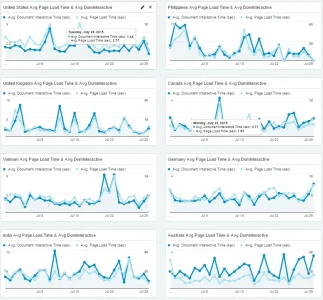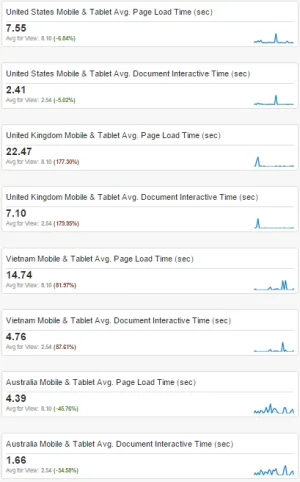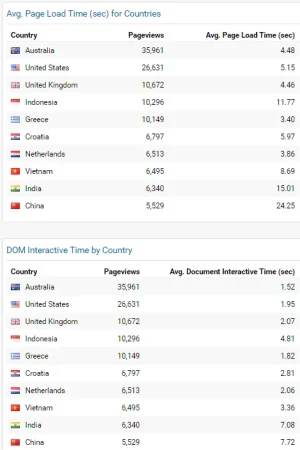digitalpoint
Well-known member
Strange... I've not seen it here ever. And the only time I've seen it on my site is when there *was* an origin server problem (usually when I'm mucking stuff).
I guess you also have to factor in how often someone would get a page timeout on a normal site without CF. Because that would result in a CF origin server error of the page was timing out (for example if there was database locking going on because of some nasty query being run).
I guess you also have to factor in how often someone would get a page timeout on a normal site without CF. Because that would result in a CF origin server error of the page was timing out (for example if there was database locking going on because of some nasty query being run).



